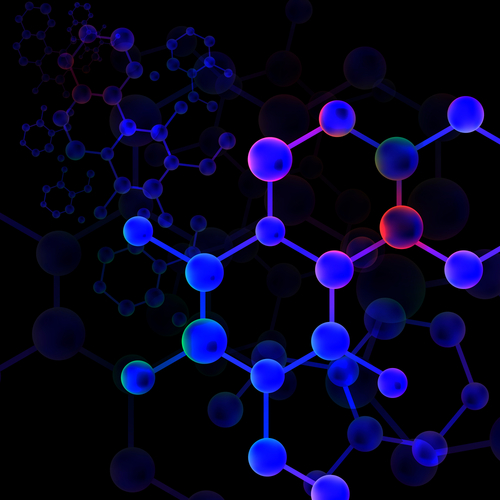Laurent Pharmaceuticals Announces Positive Data from Recent Phase 1 Cystic Fibrosis Trial
Written by |

Laurent Pharmaceuticals Inc., a Montréal-based private biopharmaceutical company currently developing a clinical stage lipid modulator (LAU-7b) designed to address the compromised immune-inflammatory response in Cystic Fibrosis (CF), recently announced positive data from its Phase 1b study that assessed LAU-7b in adult patients with CF.
LAU-7b is a novel oral solid dosage form of fenretinide, an investigational synthetic retinoid. A retinoid is a compound that affects the body in a similar manner to vitamin A, which helps maintain the immune system. The clinical trial was conducted at the McGill University Health Centre (MUHC).
Results showed that the drug agent is safe and well tolerated by adult CF patients in ascending doses up to 300 mg for three cycles of 21 days. In terms of its pharmacokinetic profile, the drug met the targeted dose selection rationale and blood levels determined by the trial design. Data also showed that LAU-7b was able to decrease oxidative stress and normalize the lipid imbalance.
“These results showed a good safety and pharmacokinetic profile of LAU-7b in adult CF patients,” said Dr. Elias Matouk, MD, principal investigator in the study and a clinician-researcher in Respiratory Health at the Research Institute of the MUHC. “We also observed a promising protective effect on certain pharmacodynamic markers, and potential association with stability of clinical parameters, especially during pulmonary exacerbations. LAU-7b is certainly a promising drug candidate for CF and we look forward to its advancement in Phase 2 clinical development.”
The trial was a double-blind, randomized, placebo controlled, dose-escalation study conducted in 15 adult patients with CF that were infected with Pseudomonas aeruginosa. The study’s primary endpoint was to assess the pharmacokinetic profile, safety and tolerability of LAU-7b daily oral capsules. The trial’s secondary endpoints were the evaluation of pharmacodynamic markers of biologic activity for safety and mechanistic evaluation, the determination of the doses for the Phase 2 study and the exploration of pre-specified clinical parameters. Patients were given the drug once per day in ascending oral doses in the morning during cycles of 21 days, followed by a drug-free period.
“We are very pleased with the results of the Phase 1b study and the collaboration with the research team from MUHC. Despite the great advances in the treatment of CF, the aberrant inflammation is still an area of high unmet needs, and is at the core of the inflammation-infection vicious cycle leading to irreversible lung damage,” said Dr. Radu Pislariu, MD, the President and CEO of Laurent Pharmaceuticals. “The few current anti-inflammatory drugs showed limited benefits in CF, thus disease-modifying concepts, such as lipid modulation, could have a better chance to address the still enigmatic link between genetic defect and the compromised host response.”
The study was conducted after a promising preclinical evaluation conducted by a team of researchers at the RI-MUHC, in which results showed that fenretinide given orally was able to correct the imbalance between key fatty acids in lungs and plasma of a specific animal model of CF, leading to a decrease in the inflammation in the lungs and in a decreased pulmonary infection severity caused by Pseudomonas aeruginosa, a bacterium that perpetuates the inflammation-infection vicious cycle in CF.






